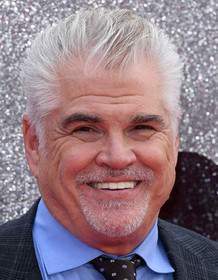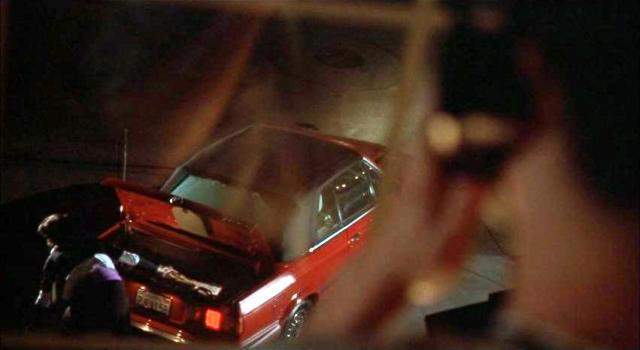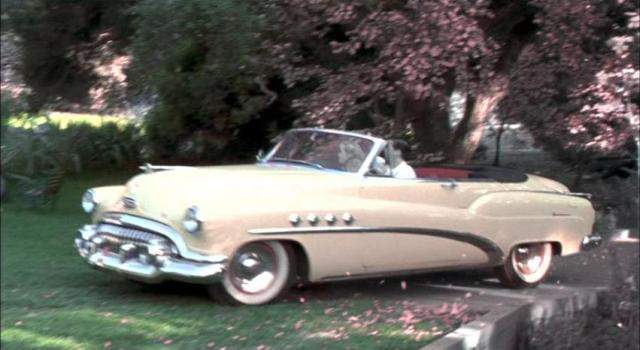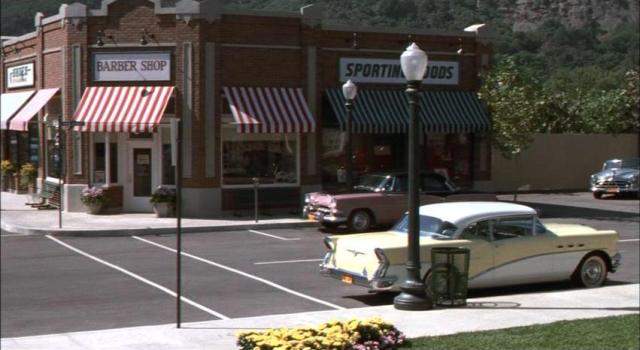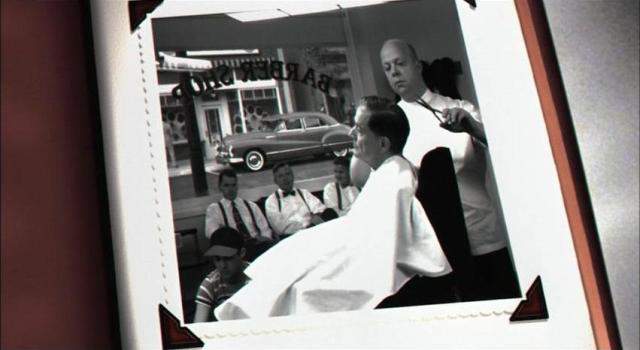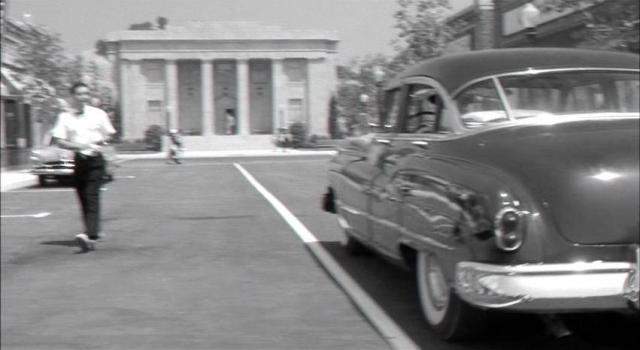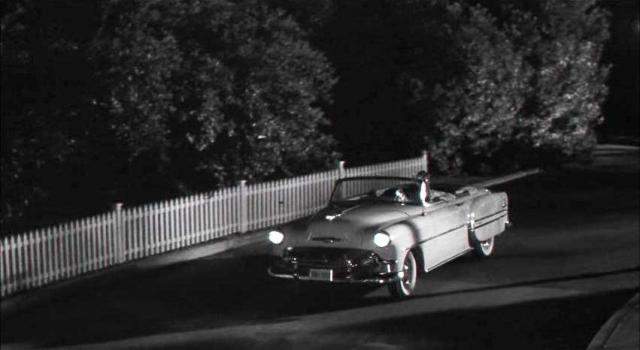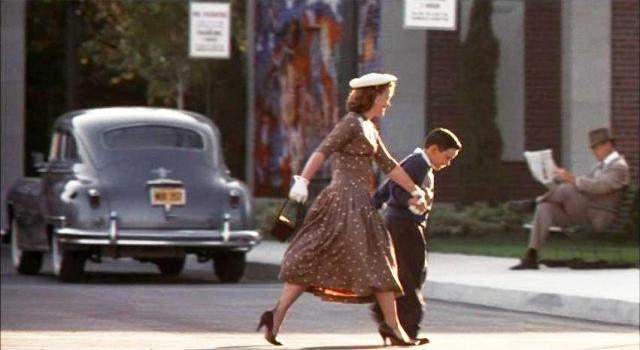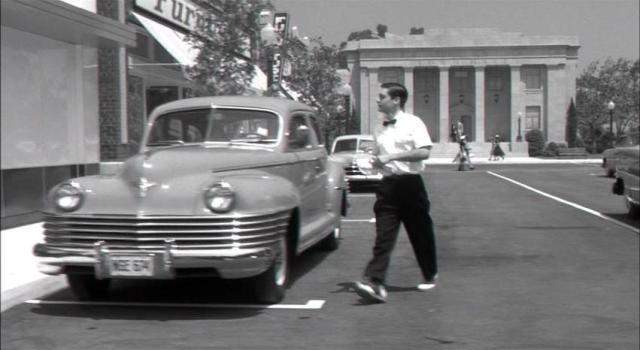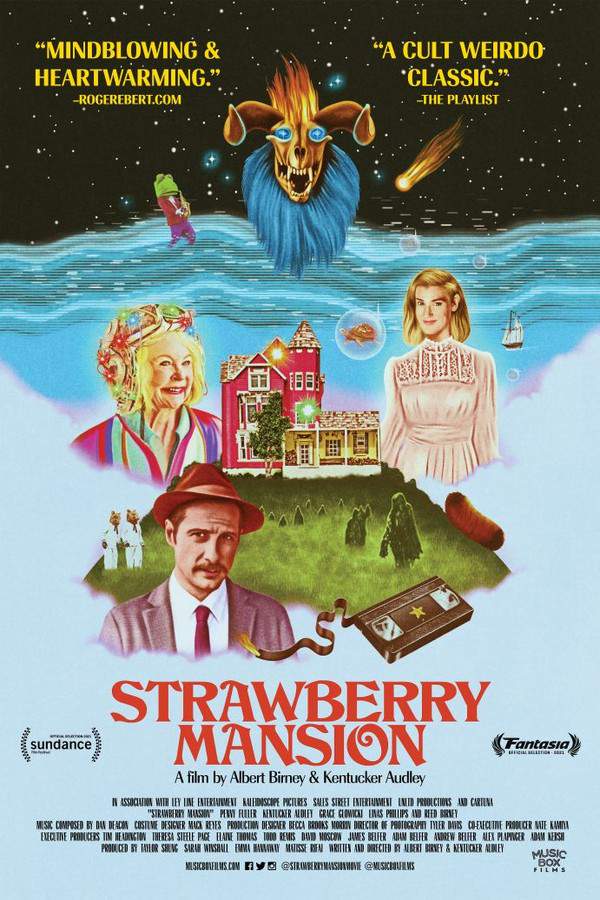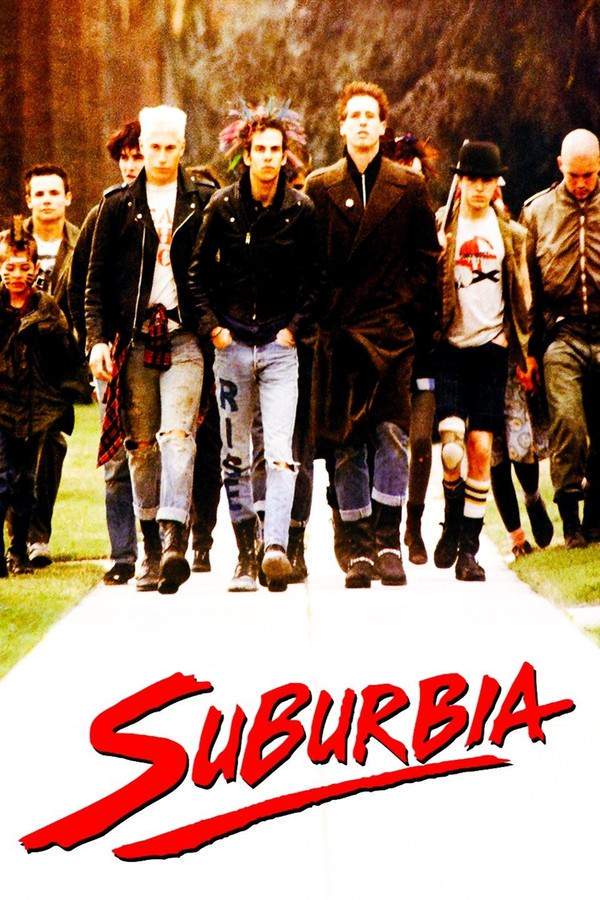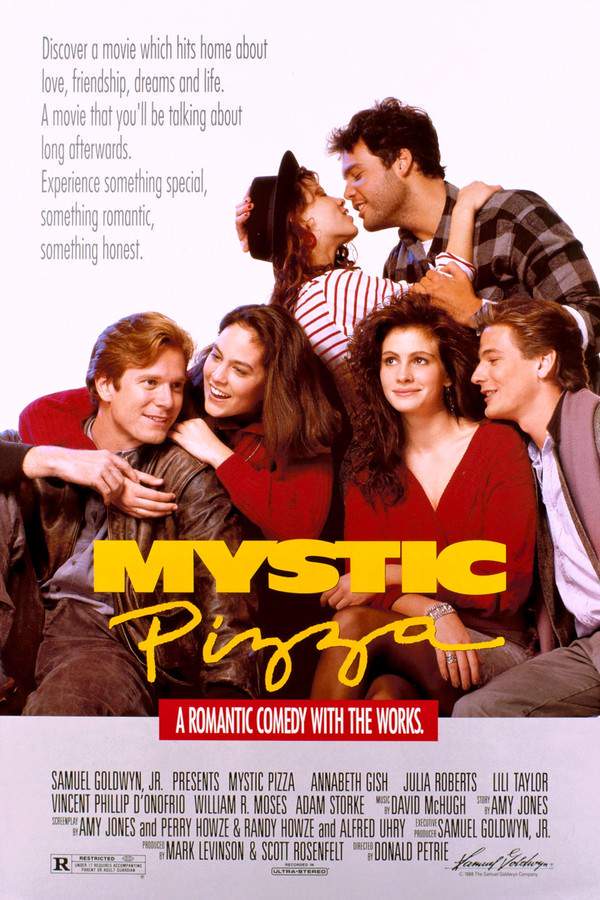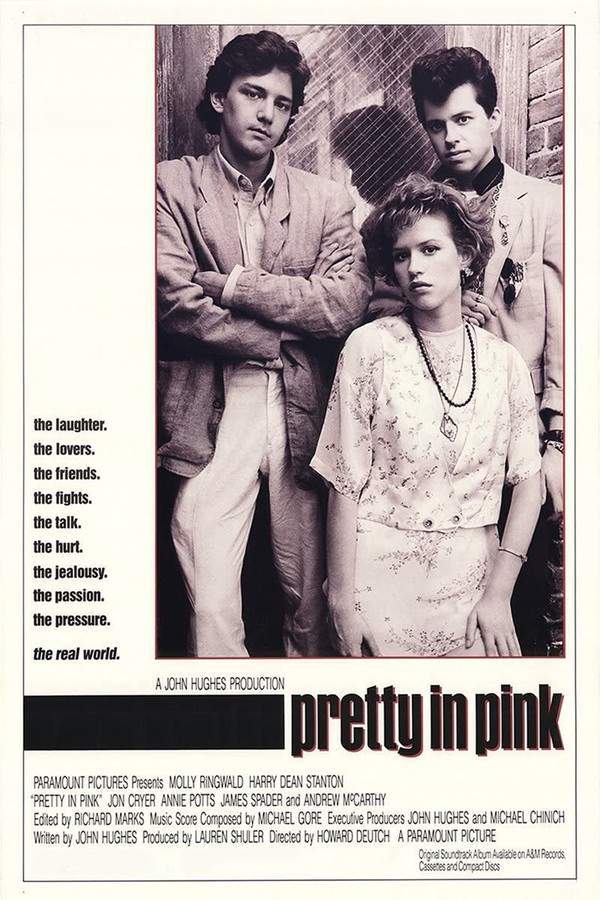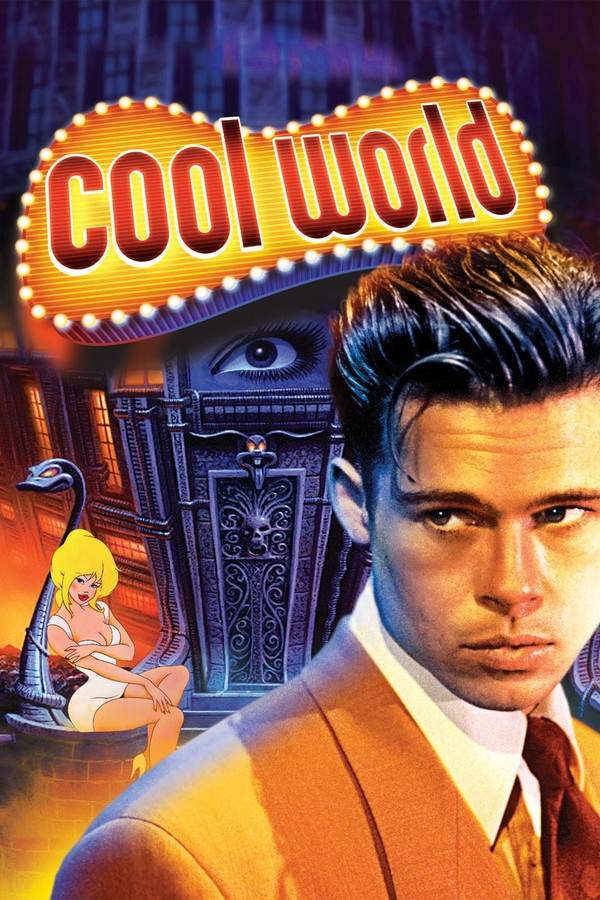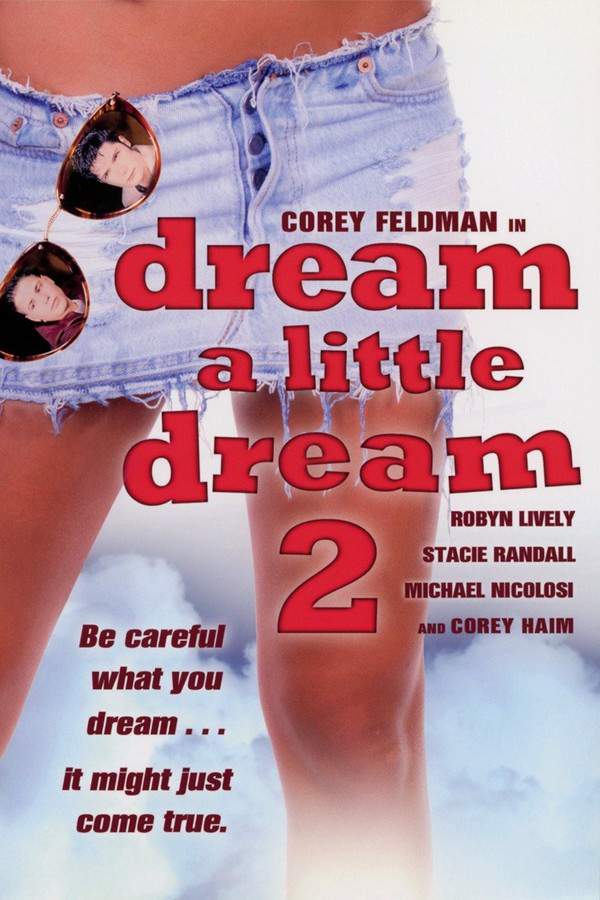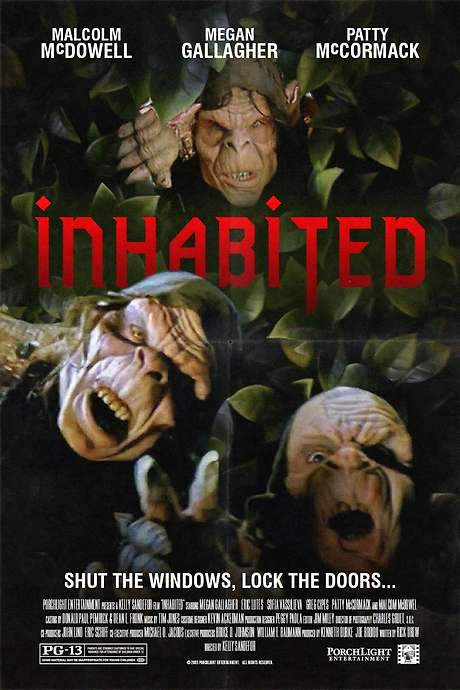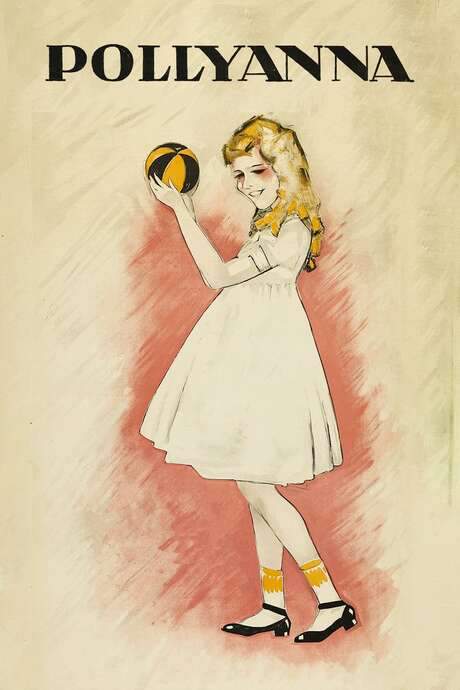Pleasantville 1998
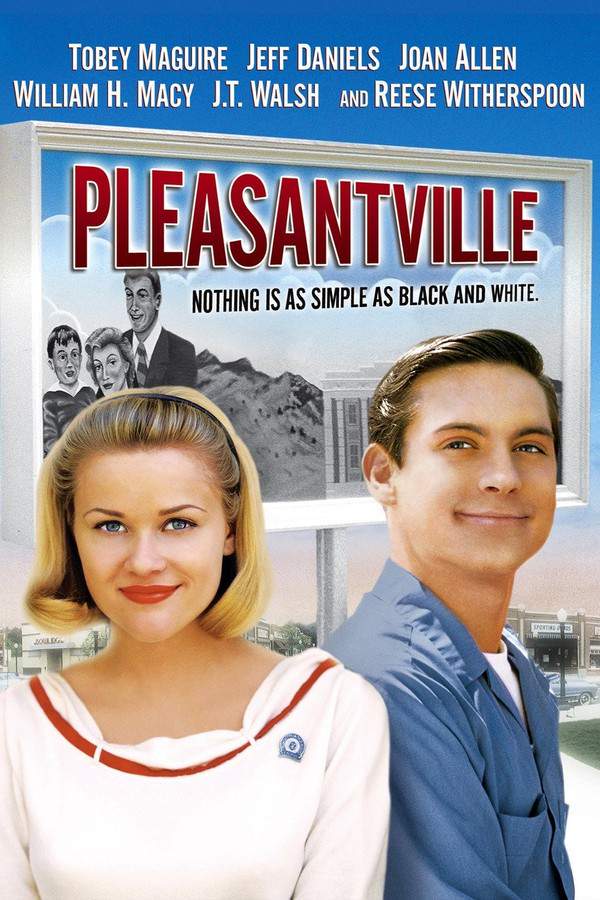
When two 1990s siblings are magically transported into a 1950s sitcom, their arrival disrupts the idyllic, black-and-white world of Pleasantville. As the townspeople begin to experience color and emotion for the first time, they challenge the community’s rigid norms and confront uncomfortable truths. The once-perfect town spirals into unexpected chaos, forcing its residents to examine the meaning of happiness, conformity, and the complexities of human experience.
Does Pleasantville have end credit scenes?
No!
Pleasantville does not have end credit scenes. You can leave when the credits roll.
Meet the Full Cast and Actors of Pleasantville
Explore the complete cast of Pleasantville, including both lead and supporting actors. Learn who plays each character, discover their past roles and achievements, and find out what makes this ensemble cast stand out in the world of film and television.
External Links and Streaming Options
Discover where to watch Pleasantville online, including streaming platforms, rental options, and official sources. Compare reviews, ratings, and in-depth movie information across sites like IMDb, TMDb, Wikipedia or Rotten Tomatoes.
Ratings and Reviews for Pleasantville
See how Pleasantville is rated across major platforms like IMDb, Metacritic, and TMDb. Compare audience scores and critic reviews to understand where Pleasantville stands among top-rated movies in its genre.

71
Metascore
7.5
User Score


%
TOMATOMETER

0%
User Score

73
%
User Score
Take the Ultimate Pleasantville Movie Quiz
Challenge your knowledge of Pleasantville with this fun and interactive movie quiz. Test yourself on key plot points, iconic characters, hidden details, and memorable moments to see how well you really know the film.
Pleasantville Quiz: Test your knowledge about the transformative journey of the twins in the charming world of Pleasantville.
What event causes David and Jennifer to be transported into Pleasantville?
Getting a new TV
Snapping the remote control in two
Changing the channel
Finding a magic book
Show hint
Awards & Nominations for Pleasantville
Discover all the awards and nominations received by Pleasantville, from Oscars to film festival honors. Learn how Pleasantville and its cast and crew have been recognized by critics and the industry alike.
71st Academy Awards 1999
Art Direction
Costume Design
Music (Original Dramatic Score)
4th Critics' Choice Movie Awards 1999

25th Saturn Awards 1999
Best Performance by a Younger Actor/Actress
Best Writing
Full Plot Summary and Ending Explained for Pleasantville
Read the complete plot summary of Pleasantville, including all major events, twists, and the full ending explained in detail. Explore key characters, themes, hidden meanings, and everything you need to understand the story from beginning to end.
As the year transitions from 1998 to a nostalgic past, identical twins David and Jennifer find themselves exploring a world that is both enchanting and bizarre while their mother is away. Their typical peaceful environment takes a turn when a dispute over the television results in a broken remote. When a TV repairman arrives, intrigued by David’s love for Pleasantville, an old black-and-white sitcom featuring the idyllic Parker family, he gifts the boy an unusual remote control after being impressed by his enthusiasm. Curious about its capabilities, the twins start experimenting with it, only to be unexpectedly whisked away into the world of Pleasantville, where they are mistaken for the Parkers’ children, Bud and Mary Sue.
Confused by the idyllic yet surreal situation, David attempts to engage with the repairman through the television, only to find that his pleas for help are met with indifference. The repairman believes they should appreciate the simple pleasures embodied by Pleasantville, a town where the impossible concept of fire doesn’t exist, and firefighters primarily rescue cats from trees, leaving the townspeople blissfully ignorant of the world beyond their borders.
As David urges Jennifer to conform to their new environment, she rebels, choosing to pursue a scandalous romance with Skip Martin, the school’s most popular student. This bold choice triggers a colorful transformation, as vibrant hues begin to seep into the town. Bill Johnson, the owner of the local malt shop where Bud works, faces a personal crisis as he confronts the dull routine of his life.
David takes it upon himself to guide Bill toward breaking free from his monotony, all while sensing an attraction between him and Betty, his mother in the show. Meanwhile, Jennifer introduces exciting new experiences to her peers, like rain, which begins to redefine life in Pleasantville. With this shift towards open-mindedness, previously blank books in the library begin to fill with words as David and Jennifer narrate the plot of their favorite show.
Jennifer’s influence also reaches Betty, who eagerly absorbs Jennifer’s explanation about sex, setting her on a path to discovery and personal awakening. This newfound knowledge leads to dramatic changes, including Betty’s transformation into color and the sudden ignition of a tree outside, symbolizing the town’s encroaching evolution. As rain and new perspectives become commonplace, David shows Bill some modern art, compelling him to embrace painting and pursue a romance with the newly colorful Betty.
As Jennifer grows disenchanted with the shallowness of sexual escapades and parties, she finds refuge in books, which also contributes to her transformation. Strangely, David feels trapped in a grayscale existence, despite his romantic endeavors. The climax builds when Betty decides to leave George for Bill, shaking Pleasantville’s conservative roots and causing Big Bob, the mayor, and other townspeople to question their cherished way of life.
Tensions ultimately erupt when Bill’s provocative artwork featuring Betty is displayed at his shop, inciting riots and chaos as “colored” citizens face harassment. Amidst this turmoil, David bravely stands up for Betty against a gang of unruly teens, marking his own vibrant transformation. In reaction to the perceived threat, town officials impose harsh restrictions, barring “colored” citizens from participating in communal activities, and even shutting down Lover’s Lane while outlawing literature and rock music.
In defiance, David and Bill paint a colorful mural on their soda fountain, symbolizing love and artistic freedom. Unfortunately, their bold stand results in their arrest and a trial that draws the entire town’s attention. During the trial, David confronts George about his lingering feelings for Betty, pushing him to recognize the depth of his emotions, leading George to undergo his own transformation.
As the townspeople embrace their changes, Big Bob remains resistant until he retreats in shame, facing the overpowering wave of evolution. In the end, the streets of Pleasantville, once confined, now lead to endless possibilities, and its residents celebrate their newfound freedom with color TVs broadcasting diverse programs from the outside world.
Jennifer decides to stay in the colorful realm of the TV world, bidding goodbye to her friends Margaret and Betty, while David returns to reality, where only a brief hour has passed. He comforts his mother, who had been anxious about a date. David’s gentle reminder that life doesn’t need to be perfect resonates deeply, highlighting the significance of their adventures. In Pleasantville, however, the townsfolk embrace their vibrant reality, while Jennifer embarks on her next adventure in college, fully immersed in the beauty of her colorful surroundings.
Uncover the Details: Timeline, Characters, Themes, and Beyond!

Coming soon on iOS and Android
The Plot Explained Mobile App
From blockbusters to hidden gems — dive into movie stories anytime, anywhere. Save your favorites, discover plots faster, and never miss a twist again.
Sign up to be the first to know when we launch. Your email stays private — always.
Watch Trailers, Clips & Behind-the-Scenes for Pleasantville
Watch official trailers, exclusive clips, cast interviews, and behind-the-scenes footage from Pleasantville. Dive deeper into the making of the film, its standout moments, and key production insights.
Cars Featured in Pleasantville
Explore all cars featured in Pleasantville, including their makes, models, scenes they appear in, and their significance to the plot. A must-read for car enthusiasts and movie buffs alike.
Pleasantville Themes and Keywords
Discover the central themes, ideas, and keywords that define the movie’s story, tone, and message. Analyze the film’s deeper meanings, genre influences, and recurring concepts.
Pleasantville Other Names and Titles
Explore the various alternative titles, translations, and other names used for Pleasantville across different regions and languages. Understand how the film is marketed and recognized worldwide.
Articles, Reviews & Explainers About Pleasantville
Stay updated on Pleasantville with in-depth articles, critical reviews, and ending explainers. Explore hidden meanings, major themes, and expert insights into the film’s story and impact.
Similar Movies To Pleasantville You Should Know About
Browse a curated list of movies similar in genre, tone, characters, or story structure. Discover new titles like the one you're watching, perfect for fans of related plots, vibes, or cinematic styles.
Quick Links: Summary, Cast, Ratings, More

What's After the Movie?
Not sure whether to stay after the credits? Find out!
Explore Our Movie Platform
New Movie Releases (2025)
Famous Movie Actors
Top Film Production Studios
Movie Plot Summaries & Endings
Major Movie Awards & Winners
Best Concert Films & Music Documentaries
Movie Collections and Curated Lists
© 2025 What's After the Movie. All rights reserved.



